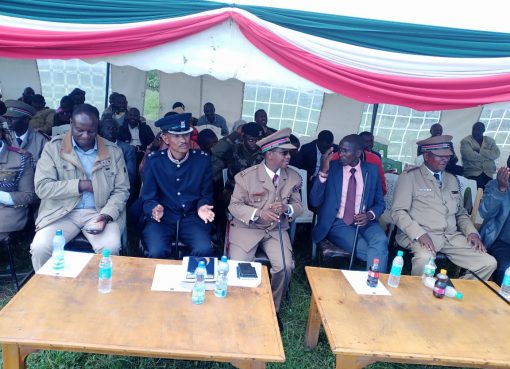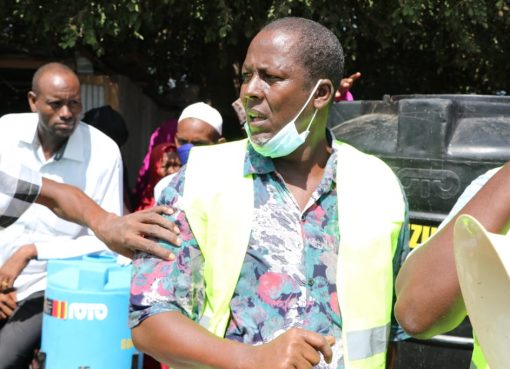The Association for Strengthening Agricultural Research in Eastern and Central Africa (ASARECA) has initiated a talks to promote gender and climate responsiveness in agricultural policy formulation and implementation.
The policy dialogue is to enhance capacity of ASARECA 15 member states to develop a policy on gender and climate responsiveness to facilitate implementation of a seamless approach to regional challenges.
The ASARECA comprises Kenya, Burundi , Cameroon, Central African Republic, Democratic Republic of Congo, Eritrea, Ethiopia, Federal Republic of Somalia, Madagascar, Republic of Congo, Rwanda, South Sudan, Sudan, Tanzania, and Uganda.
ASARECA Executive Director Dr. Enock Warinda told a press briefing that member countries had appreciated regional policy gaps and weaknesses in tackling gender issue hence the need for enactment of a common policy position to guide the secretariat to effectively mainstream arising challenges.

He said policy was a major component and the mainstreaming will be a component that drives countries and therefore we have to make sure the ministers who form the council of governance organ in ASARECA to come up with good policies that touch on gender and climate smart agriculture interventions.
“We have developed a policy practice tool that will take stock of the various policies, analyze for each of the 15 member states and consolidate results which will be available to the focal people in each member state and effectively inform formulation “, he added.
Dr. Warinda said majority of farmers in these countries were women who needed access to technology to increase their productivity owing to the push for a good gender policy to facilitate their access to good climate smart technology.
“A workable policy that supports women at the local level as farmers and in leadership can be able to influence policy decisions geared towards having a gender focal person in every member state, who will be senior government officials working within the agriculture docket, with links to smallholder farmers” he said.
He added that the gender policy that was due for validation would offer a roadmap to a brighter future in agricultural research and development in the regional and turn the fortunes of farmers for better.

Dr. Ojong Enokenwa, a researcher with the International Water Management Institute (IWMI) said the move was tailored to support smallholder farming communities realize their potentials in agribusiness through completion of the value chain that will give women and the youth access to the market.
In assisting ASARECA in drafting a policy framework, the concerns of women and other marginalized groups within the agribusiness setup will be addressed.
“With women making the majority of the agriculture landscape, we need their voices to be heard, not just understanding their challenges but also what solution they can offer for this discourse,” said Dr Enokenwa.
Idil Ires who is leading and an expert in the policy formulation and works for IMWI said they have an extensive outreach in the region and it is important that women and youth are brought in their own perspective to the policy making process in order to improve their livelihoods.
“We will be focusing on understanding policy challenges in the context of sustainable maize intensification and diversification in East and Southern Africa with interest from women and youth farmers”, said Dr Ires.
Challenges of climate change and its effects especially on women is key considering most of the challenges mostly affect women and to some extent youth who comprise the majority of small holder farmers in East and Central Africa.
The workshop today brought in experts from all the regional countries who will be come up with a plan of action that will be instrumental in pushing the message for implementation
By Wangari Ndirangu





